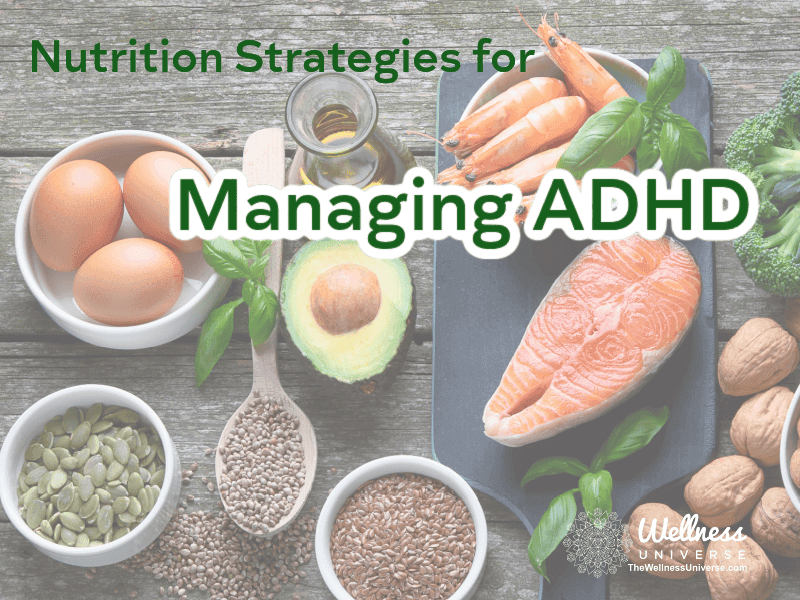Nutrition’s Impact on ADHD Symptoms: How Diet Can Improve Focus and Attention
Attention Deficit Hyperactivity Disorder (ADHD) is a neurodevelopmental disorder that affects millions of individuals worldwide. While medication and behavioral therapies are commonly used for managing ADHD, recent research suggests that nutrition can also play a significant role in supporting cognitive function, improving focus, and managing symptoms.
The brain, like the rest of the body, depends on a consistent supply of nutrients to function optimally. For individuals with ADHD, the right balance of vitamins, minerals, and healthy fats can have a direct impact on attention, impulse control, and overall mental performance. By incorporating specific foods into their diet, individuals with ADHD can potentially see improvements in their symptoms.
Research has shown that certain foods can either exacerbate or alleviate ADHD symptoms. Foods high in sugar and refined carbohydrates can cause rapid spikes and crashes in blood sugar levels, contributing to hyperactivity, mood swings, and difficulty focusing. Processed foods, with their artificial additives and unhealthy fats, can also worsen symptoms in individuals with ADHD.
One of the most well-researched dietary interventions for ADHD is increasing the intake of omega-3 fatty acids. These essential fats, found in fatty fish, walnuts, chia seeds, and flaxseeds, are crucial for brain health and cognitive function. Supplementing with omega-3s has been linked to improvements in attention, focus, and behavior regulation.
In addition to omega-3 fatty acids, protein is another essential nutrient for individuals with ADHD. A diet rich in protein can help improve the production of neurotransmitters like dopamine and norepinephrine, which regulate mood, focus, and attention. Lean meats, fish, eggs, beans, and nuts are great sources of protein that can support brain function.
Micronutrients like zinc, magnesium, and iron are also important for brain health and cognitive function. Ensuring an adequate intake of these nutrients can help improve mental clarity, focus, and emotional regulation in individuals with ADHD. Foods rich in these micronutrients include meat, seafood, leafy greens, nuts, seeds, and fortified cereals.
Furthermore, the gut-brain connection has been increasingly recognized for its role in cognitive function and mental health. Probiotics, which support a healthy gut microbiome, may improve ADHD symptoms by reducing inflammation and supporting neurotransmitter production. Foods like yogurt, kefir, sauerkraut, and kimchi are rich in probiotics and can help support gut health.
While certain foods and nutrients can help improve ADHD symptoms, others may worsen them. Artificial food dyes, preservatives, and high sugar foods should be avoided as they can negatively affect behavior and attention. By being mindful of their diet and incorporating nutrient-dense foods while avoiding processed and sugary foods, individuals with ADHD can potentially manage their symptoms more effectively.
In conclusion, while there is no single diet that can “cure” ADHD, the right nutrition can play a significant role in managing symptoms and improving focus, attention, and behavior. By working with healthcare professionals and implementing dietary changes, individuals with ADHD can harness the power of nutrition to support brain health and enhance their quality of life.
